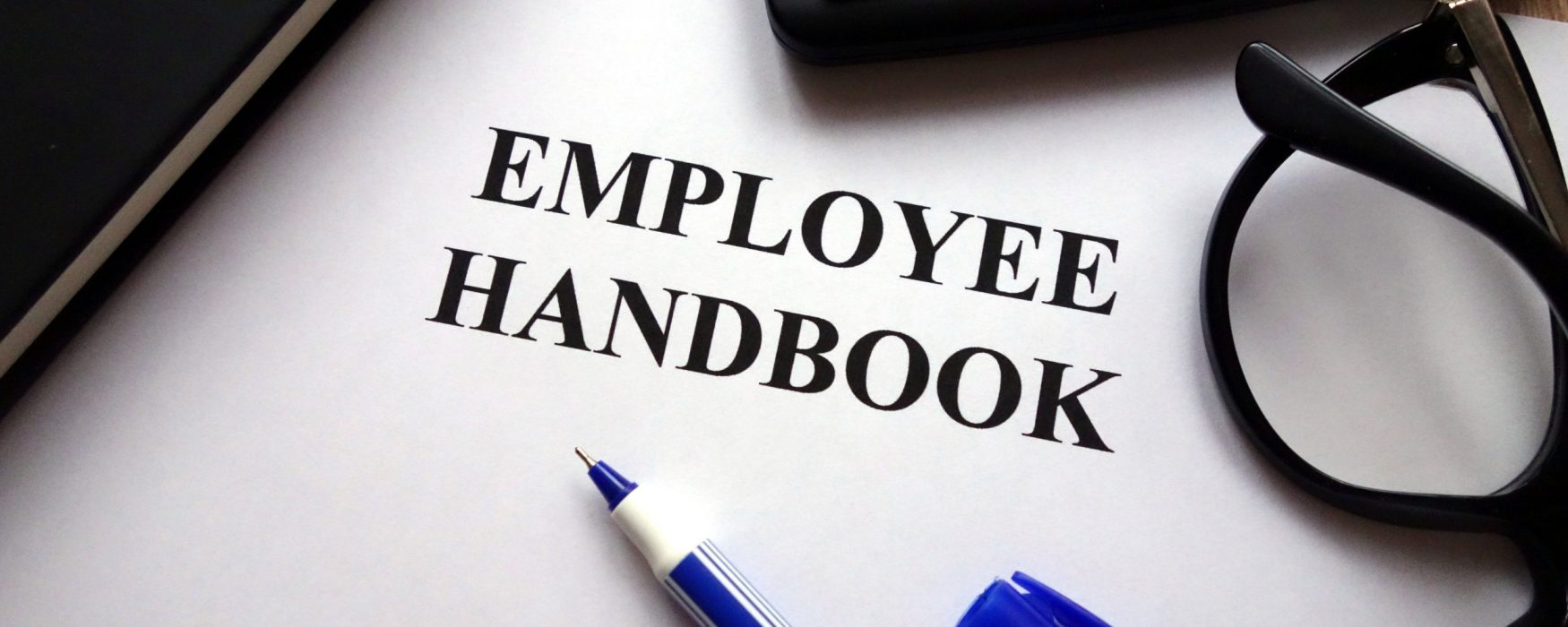
By Linda Olejniczak, courtesy SBAM Approved Partner ASE
Updating your employee handbook is a critical annual initiative for an HR department. It ensures compliance with industry standards and federal and state laws.
You may want to examine your leave policies and work with your employment counsel to ensure your policies comply with the Earned Sick Time Act (ESTA). Some, but not all, of the key items to look for to comply with ESTA are as follows:
- The leave accrual rate is at least one hour of leave for every 30 hours worked (was 35 under PMLA);
- The yearly accrual allowance is at least 72 hours (was 40 under PMLA);
- The leave increment is the smaller of one hour or the smallest increment used by your payroll system; and
- All employees, including FLSA exempt employees, are covered by the policy regardless of hours worked
You should also check to see if you have a no-fault attendance policy, as it likely runs afoul of section 6(3) of ESTA, which states that “an employer’s absence control policy shall not treat earned sick time pursuant to [ESTA] as an absence that may lead to or result in retaliatory personnel action.”
Organizations that don’t already have hybrid or remote work policies should develop them for their 2023 handbooks. Policies could include:
- How meetings are conducted, including technologies used and dress codes
- Expected working hours and scheduling
- Expectations for employee availability and response times
- for cyber safety
- Technologies and equipment employees will use
- The return of equipment when employees move on
Employers should review employee benefits and employee wellness. Do they offer enough vacation time for employees to avoid burnout? Do their health insurance plans make mental health care more accessible? Many employers are offering mental health days and Employer Assistance Programs (EAPs) to improve access to mental health care services. Employers may also want to adopt language urging employees to stay home or work from home when sick. FMLA policies can be expanded to include language about mental health conditions, which often also qualify for leave.
Other updates may include: parental leave policies and benefits for working parents already in 11 states. Many organizations may need to create or update grooming and dress code policies and language in their employee handbook. There are 18 states with their own version of The CROWN Act. This legislation protects employees with natural hairstyles from discrimination. There may be a federal CROWN Act in the future, as well.
Employers could pay the price in talent loss and much more if they don’t update their employee handbook in 2023.
SBAM members have access to employee handbook services. Learn more!